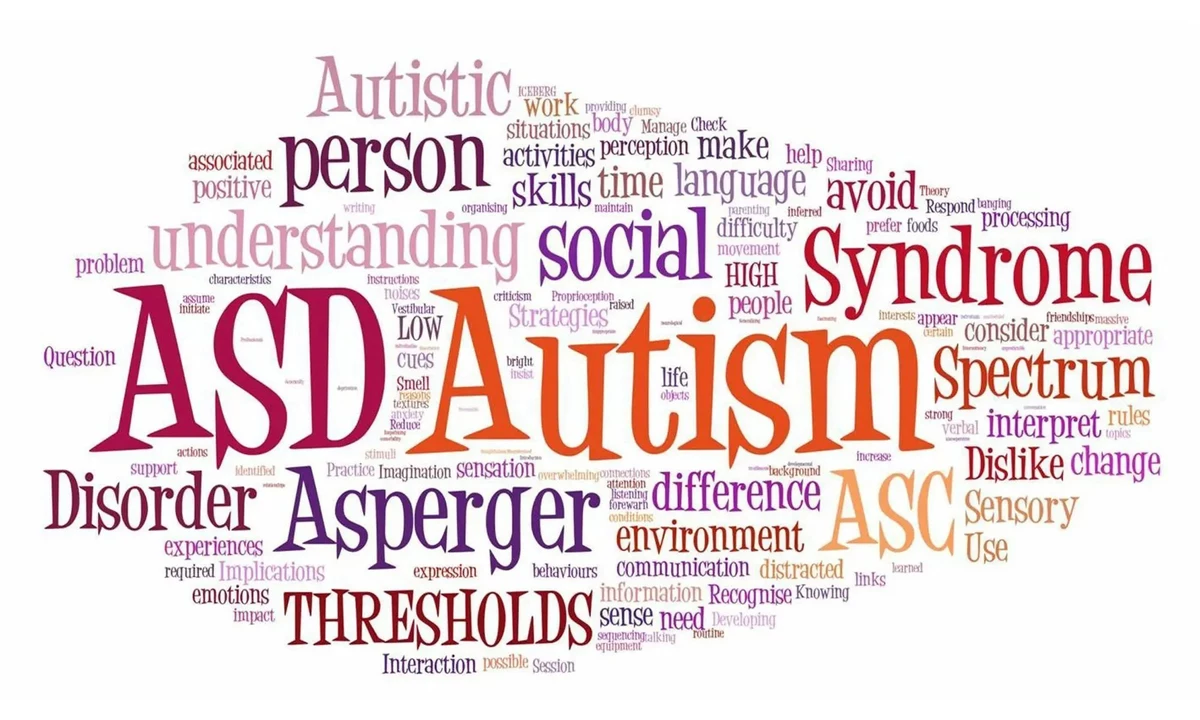Understanding Autism Spectrum Disorder and Muscle Control
Autism Spectrum Disorder (ASD) is a complex neurological disorder that affects how a person thinks, communicates, and interacts with others. One of the lesser-known aspects of ASD is its connection to poor muscle control. In this article, we will explore the relationship between ASD and muscle control, and discuss the different ways in which this connection can manifest in those on the autism spectrum. We will also delve into the various treatment options and strategies for managing these issues.
The Science Behind Muscle Control and ASD
Research has shown that individuals with ASD often have difficulty with motor skills and coordination, which can lead to poor muscle control. This is because the brains of those with ASD process information differently, affecting the way they perceive and respond to their environment. The cerebellum, a part of the brain responsible for motor control and coordination, has been found to be smaller and have fewer neurons in individuals with ASD. This can lead to challenges with balance, posture, and muscle control.
How Poor Muscle Control Manifests in Those with ASD
There are various ways in which poor muscle control can manifest in individuals with ASD. Some may struggle with gross motor skills, such as running, jumping, and climbing, while others may have difficulty with fine motor skills, like buttoning a shirt or tying shoelaces. Additionally, some people with ASD may have trouble with muscle tone, leading to either overly tense or overly relaxed muscles. This can make everyday tasks more challenging and can impact an individual's overall quality of life.
Challenges Faced Due to Poor Muscle Control
Poor muscle control can lead to a multitude of challenges for those with ASD. These challenges can affect various aspects of life, such as self-care, social interactions, and overall physical health. For example, individuals with poor muscle control may struggle with tasks such as feeding themselves, dressing, or grooming. This can lead to feelings of frustration and a decreased sense of independence. Socially, poor muscle control can make it difficult for individuals with ASD to participate in activities with their peers, leading to feelings of isolation and loneliness.
Assessing Muscle Control Issues in ASD
It is important to identify and assess muscle control issues in individuals with ASD to provide the necessary support and intervention. Evaluating muscle control involves observing the individual's gross and fine motor skills, as well as their muscle tone. Occupational therapists and physical therapists are often involved in assessing and addressing these issues, working alongside other professionals such as speech therapists, psychologists, and special education teachers to develop a comprehensive support plan for the individual.
Treatment Options for Poor Muscle Control in ASD
There are various treatment options available for addressing poor muscle control in individuals with ASD. These may include occupational therapy, physical therapy, and specialized exercise programs. These treatments are typically tailored to the individual's specific needs and abilities, focusing on improving muscle control, strength, and coordination. In some cases, assistive devices, such as braces or splints, may be recommended to help support the individual and improve their muscle control.
Strategies for Managing Poor Muscle Control
In addition to professional treatment, there are several strategies that can be implemented at home to help individuals with ASD manage their poor muscle control. Encouraging regular exercise and physical activity can help improve muscle strength and coordination. Providing opportunities for fine motor skill practice, such as coloring, puzzles, or building with blocks, can also be beneficial. Additionally, creating a structured and predictable environment can help reduce anxiety and stress, which may exacerbate muscle control issues.
Supporting Individuals with ASD and Muscle Control Challenges
Supporting individuals with ASD and muscle control challenges involves understanding and acknowledging their unique struggles and working together to develop strategies for overcoming these challenges. This may include collaborating with professionals, such as occupational therapists and physical therapists, as well as implementing strategies at home to promote muscle control and coordination. It is important to be patient, understanding, and flexible in order to best support those with ASD and muscle control issues.
Conclusion
Understanding the connection between poor muscle control and Autism Spectrum Disorder is essential in providing the best support for those affected by these challenges. By recognizing the signs of muscle control issues, seeking appropriate professional help, and implementing effective strategies at home, individuals with ASD can improve their muscle control and overall quality of life. As we continue to learn more about this connection, we can better support those on the autism spectrum and help them lead fulfilling, independent lives.


Write a comment